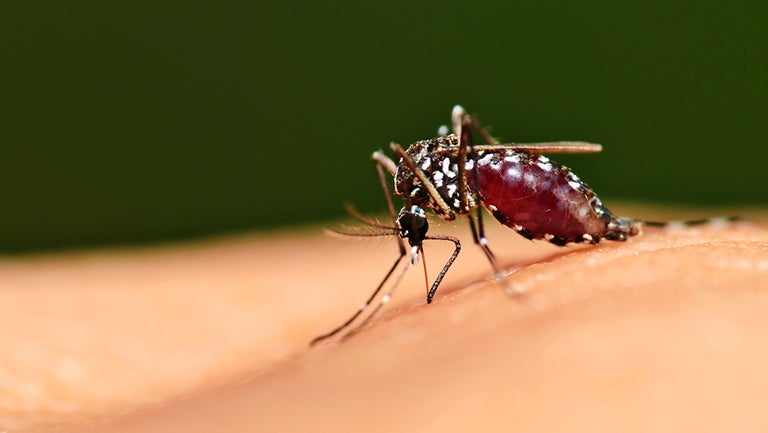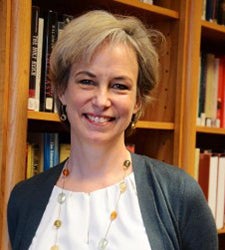Title: Georgetown Bioethicist on International Front Lines of Zika Crisis
The United Kingdom’s Wellcome Trust awards the university’s Kennedy Institute of Ethics (KIE) and other institutions a £1.2 million grant to provide advice on the health interests of pregnant women with the Zika virus.

The university’s Kennedy Institute of Ethics (KIE) will help provide advice on the health interests of pregnant women with the Zika virus, thanks to a £1.2 million grant from the United Kingdom’s Wellcome Trust.

The foundation awarded the grant to KIE Director Maggie Little and colleagues at the Johns Hopkins Berman Institute; the University of North Carolina Center for Bioethics; the University of Washington School of Law; and the University of Maryland Francis King Carey School of Law.
“In previous public health emergencies such as Ebola and H1N1, researchers shied away from figuring out how to vaccinate or treat pregnant women, because of the ethical and scientific complexities such research involves,” Little says. “History will not forgive us if we make the same mistake with Zika.”
The scholars plan to conduct 50 consultations in Zika-affected countries and the United States, and convene a series of expert working groups that will develop and refine guidance for addressing this and other public health emergency research agendas.
Safe Treatment
The team’s work originated with a Georgetown Reflective Engagement grant. Little says the Wellcome Trust reached out directly to the research team, which previously worked on other public health crises, for guidance on facing this ethically complex arena.
The scholars involved in the project note that pregnant women process and respond to medication and vaccines differently, and that a fetus may also be susceptible to risk from medication or from untreated disease.
“Knowing which treatments are safest and most effective in pregnancy requires conducting research with pregnant women,” Little explains. “Not doing so results in an unethical construct, with pregnant women taking on unknown risks for themselves and the children they bear.”
Multidisciplinary Experts
The research team also will include advisors from Central and South America as well as experts in vaccinology, infectious disease, maternal-fetal medicine and public health emergency response.
The team also leads an ongoing multi-year project funded by NIH to study and offer guidance on the ethics of research on HIV/AIDS, another epidemic in which pregnant women are a critical population.
“In large-scale emergencies such as Zika or HIV/AIDS, organizations don’t have time to put out open calls,” Little notes. “They move directly to identified world leaders on an issue, who have the expertise, infrastructure and connections to mobilize for action straightaway. We are grateful that the Wellcome Trust has chosen Georgetown and the other institutions to help manage this crisis.”
She recently joined a two-day ethics consultation on Zika with the Pan-American Health Organization, the regional branch of the World Health Organization focusing most closely on the crisis.
“I am deeply impressed with the sense of urgency the world health community is bringing to the Zika crisis,” she says. “It is a fast-moving and sobering situation, and we’re honored be part of bringing together some of the best minds and strongest advocates in the world.”